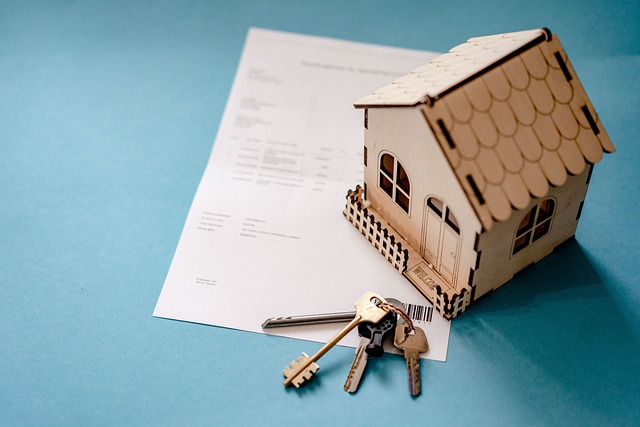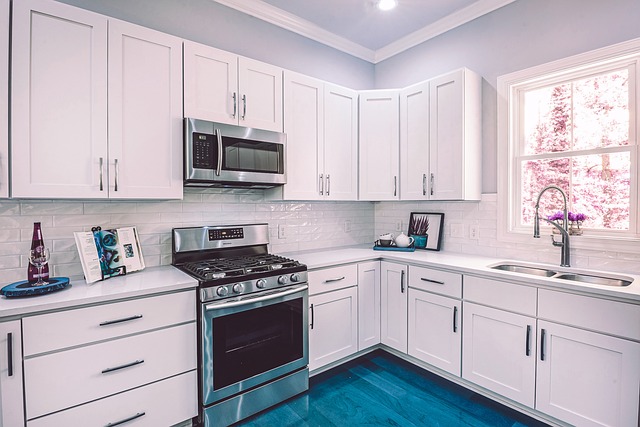The Housing & Development Board (HDB) in Singapore oversees the Executive Condominium (EC) scheme, a housing initiative for first-time homeowners who are Singapore Citizens. To be eligible for an EC, applicants must meet income ceilings as set by the CPF Board and cannot own any other residential property at the time of application. Those who already own a flat are required to dispose of it within six months after acquiring their new EC unit. The scheme is tailored to assist middle-income families, with a total household income cap of $14,000 per month and restrictions on married couples or those planning to marry without children. Purchasing an EC involves a significant commitment, as it comes with specific ownership and resale rules that become applicable after the minimum occupation period (MOP) of five years. Post-MOP, ECs can be sold on the open market or rented out. Understanding Executive Condo Eligibility Criteria is crucial for prospective buyers to navigate the application process and make informed decisions about their property's future within Singapore's dynamic housing landscape.
Embarking on the journey of homeownership in Singapore, discerning buyers often consider the option of an Executive Condo (EC). This comprehensive guide demystifies the eligibility criteria for ECs, a unique housing type that blends the benefits of both public and private housing. We’ll navigate through understanding who qualifies, assessing your personal eligibility, and exploring the implications of the Minimum Occupation Period (MOP) post-purchase. Whether you’re a first-time homebuyer or an existing HDB flat owner, this article will equip you with the knowledge to make informed decisions regarding Executive Condo Eligibility in Singapore.
- Understanding Executive Condo (EC) Eligibility Criteria in Singapore
- Assessing Your Eligibility for an EC: Key Factors and Requirements
- The 5-Year Minimum Occupation Period (MOP) and Beyond: What It Means for EC Owners in Singapore
Understanding Executive Condo (EC) Eligibility Criteria in Singapore

In Singapore, the Executive Condominium (EC) scheme offers a unique housing option for individuals and families who are looking for a more spacious living environment compared to public housing, yet at subsidized prices. To be eligible for an EC, prospective buyers must satisfy certain criteria set by the Housing & Development Board (HDB). One key requirement is that applicants must be Singapore Citizens; Permanent Residents are not eligible to purchase EC units. Additionally, applicants must meet the income ceilings as stipulated by the CPF Board, which are subject to regular updates. Furthermore, applicants cannot own any residential property at the time of application, and they must have not more than one other property owned or being acquired concurrently. If applicants already own a flat, they must dispose of it within six months after getting the keys to their new EC unit. This ensures that ECs are accessible primarily to first-time homeowners. The eligibility criteria for ECs are designed to balance the aspirations of upgrading with the need to ensure a diverse range of housing options for different income groups in Singapore. Prospective buyers should thoroughly understand these criteria before making an application, as purchasing an EC is a significant financial commitment that comes with its own set of rules and regulations regarding ownership and resale after a minimum occupation period. Understanding Executive Condo Eligibility Criteria (EC) is crucial for anyone considering this type of housing to avoid any pitfalls in the application process and to make informed decisions about their home-buying journey in Singapore.
Assessing Your Eligibility for an EC: Key Factors and Requirements

When considering the acquisition of an Executive Condo (EC) in Singapore, assessing your eligibility is a critical first step. Prospective buyers must meet stringent criteria set by the Housing & Development Board (HDB) and the Central Provident Fund (CPF). To be eligible for an EC, applicants must be at least 21 years old on the date of application. Additionally, they cannot own any residential property at the time of application, including HDB flats, private properties, and other types of ECs. The five-year marker is also significant; individuals who have previously taken a housing loan to buy, build, and/or acquire an HDB flat or executive condominium may purchase another during the five-year period after they acquired their first flat. Furthermore, applicants must also have a minimum total monthly household income of $14,000 or less at the time of application, which ensures that ECs remain accessible to middle-income families. Couples looking to apply must also intend to get married or have no more than two children aged 21 years and below. These requirements are designed to ensure that the scheme benefits those who need it most, balancing affordability with the ability to upgrade over time. Understanding these eligibility factors is essential for any individual considering the commitment of purchasing an EC in Singapore’s dynamic property market.
The 5-Year Minimum Occupation Period (MOP) and Beyond: What It Means for EC Owners in Singapore

When considering the purchase of an Executive Condominium (EC) in Singapore, understanding the 5-Year Minimum Occupation Period (MOP) is crucial for eligibility post-purchase. Upon fulfilling the MOP, EC owners gain the flexibility to sell their units on the open market or opt to lease it out without restrictions. The MOP is a stipulation by the Singapore government to promote a stable and fair housing market, ensuring that ECs are primarily used for residential purposes before they can be monetized in the open market. Once the MOR has lapsed, individuals who have fulfilled their housing needs may sub-sale their EC to Singapore citizens, permanent residents, or eligible foreigners. This transition from a public to a private housing option is a significant aspect of EC eligibility that affects resale value and investment potential. Furthermore, beyond the MOP, EC owners must also comply with the Housing & Development Board (HDB) policies regarding the resale leases and the valuation limit for ECs. These regulations are designed to maintain the affordability and accessibility of public housing while accommodating the diversifying needs of Singaporeans over time. Understanding these conditions is essential for EC owners who wish to make informed decisions about their property’s future after the MOP is satisfied.
In concluding our guide, it’s clear that navigating the eligibility criteria for an Executive Condo (EC) in Singapore requires a discerning understanding of the specific requirements and conditions. Prospective EC owners must carefully consider their eligibility status, particularly regarding the Minimum Occupation Period (MOP), which post-dates EC ownership before one is eligible to sell the unit on the open market. By understanding the intricacies of these criteria as outlined in ‘Understanding Executive Condo (EC) Eligibility Criteria in Singapore’, assessing personal eligibility with the guidance provided in ‘Assessing Your Eligibility for an EC: Key Factors and Requirements’, and comprehending the long-term implications of the MOP in ‘The 5-Year Minimum Occupation Period (MOP) and Beyond: What It Means for EC Owners in Singapore’, potential homeowners can make informed decisions. Prospective buyers looking to explore the benefits of EC ownership should refer to the eligibility guidelines set forth by the CPF Board and Housing & Development Board (HDB), ensuring they align with these conditions before committing to this housing option. Executive Condo Eligibility is a significant aspect of the home-buying journey in Singapore, and this guide has aimed to clarify the path forward for those interested in exploring this opportunity.
